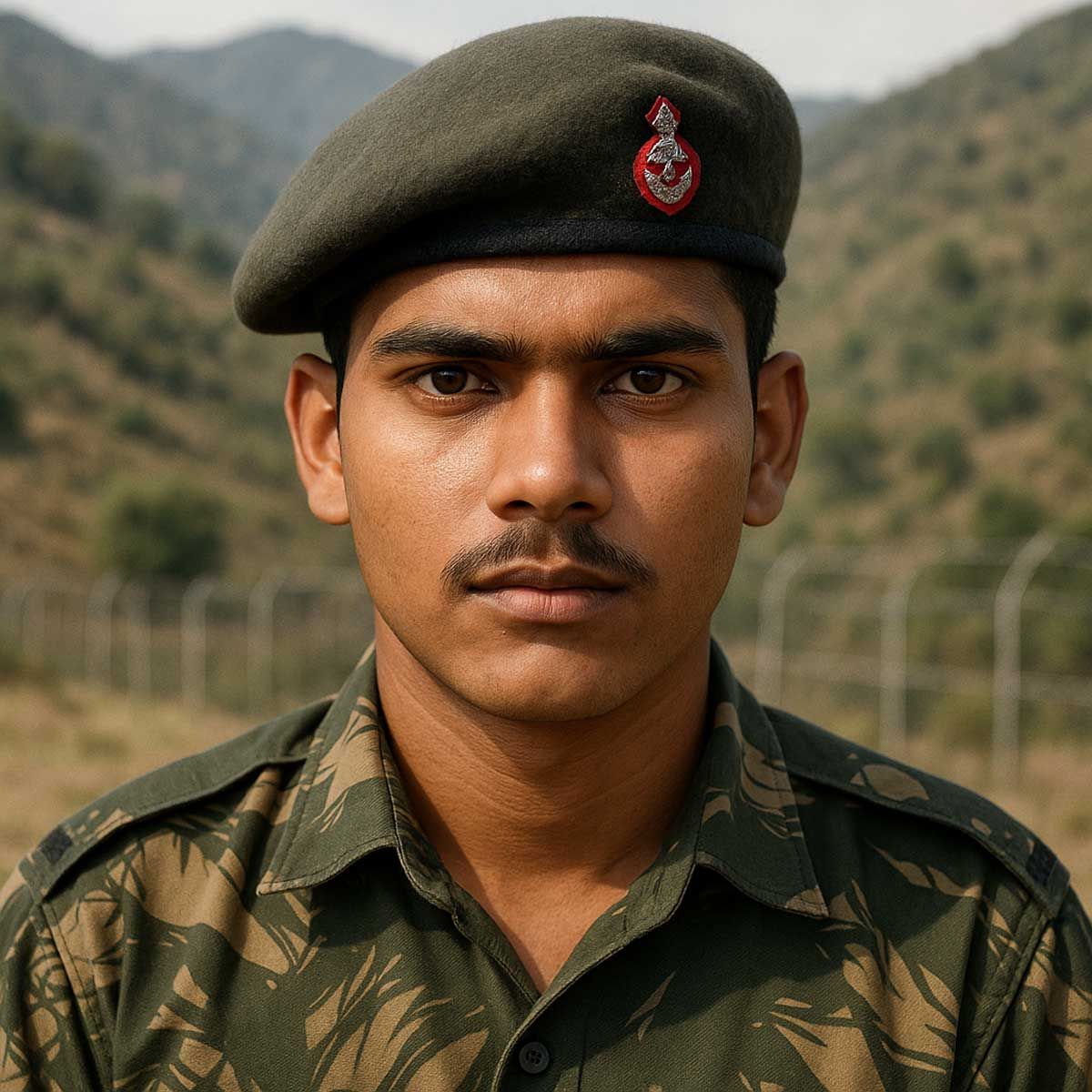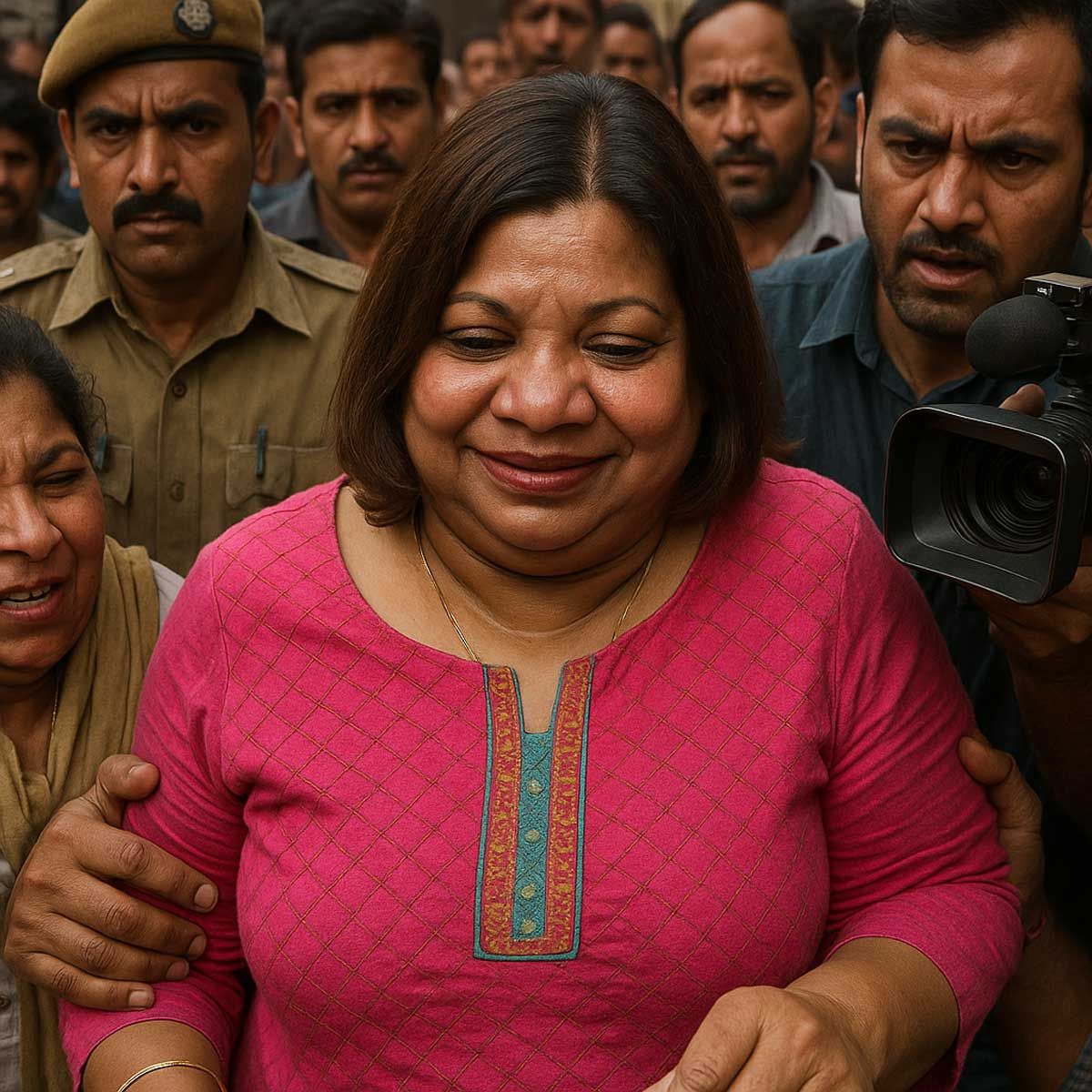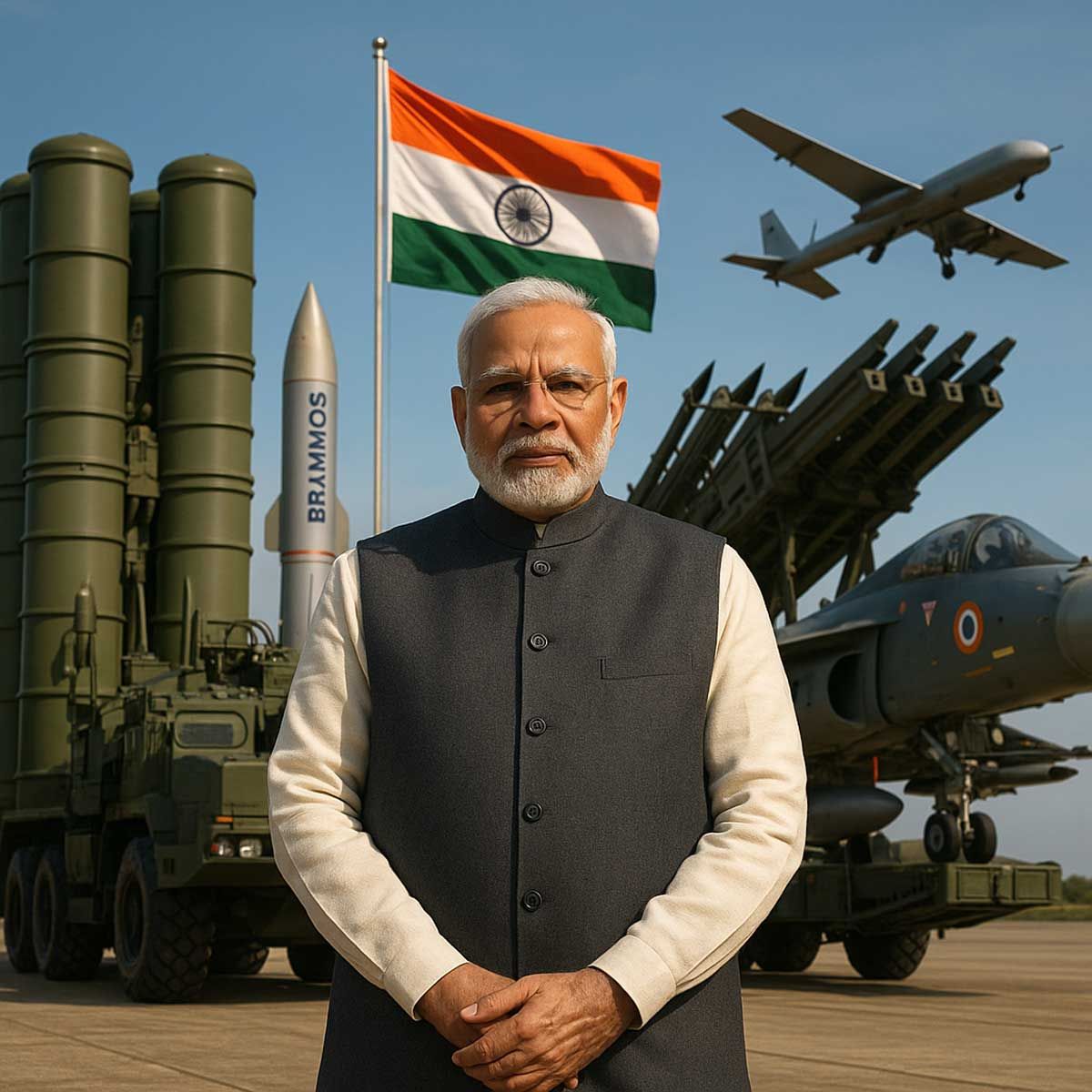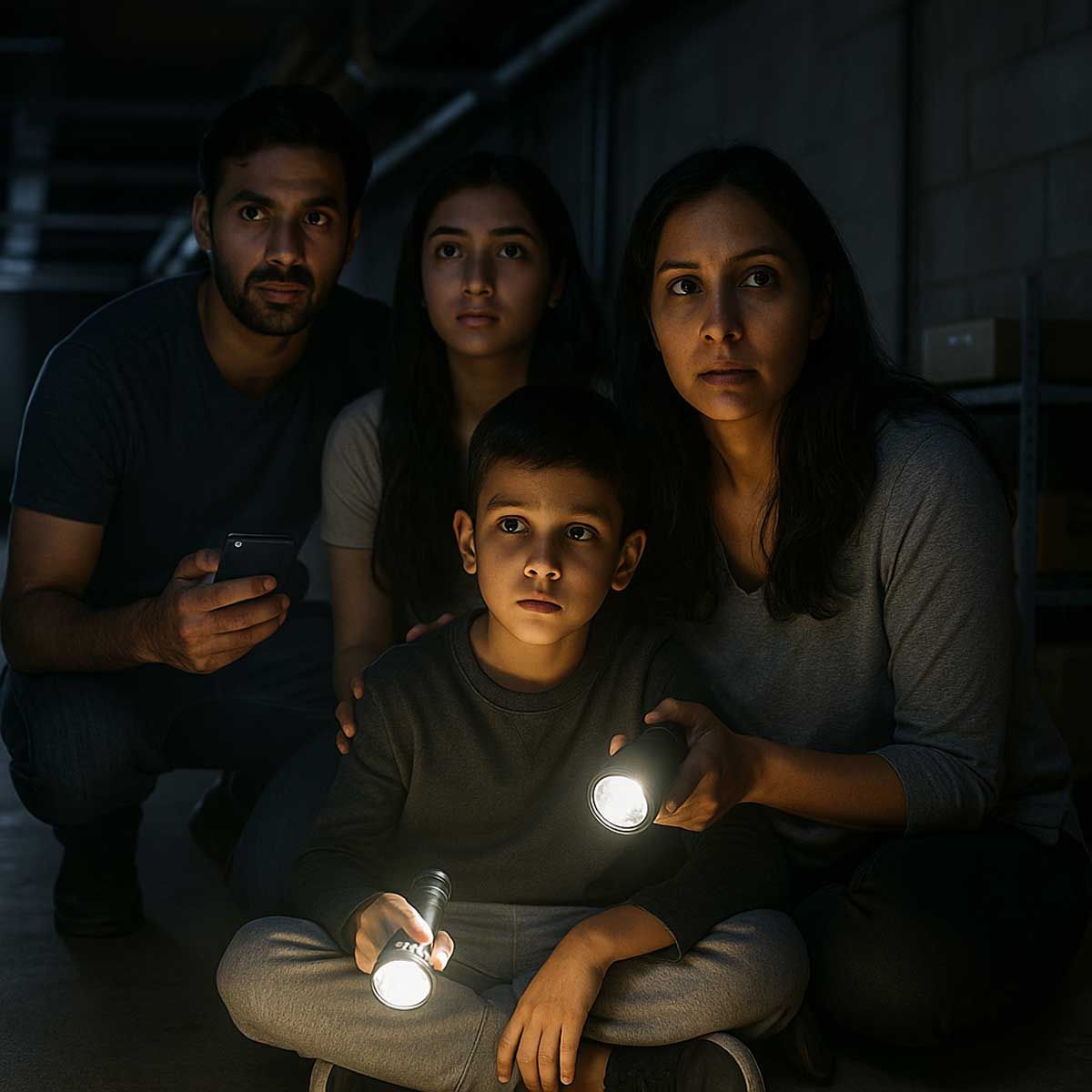More Coverage
Twitter Coverage
Satyaagrah
Written on
Satyaagrah
Written on
Satyaagrah
Written on
Satyaagrah
Written on
Satyaagrah
Written on
JOIN SATYAAGRAH SOCIAL MEDIA
"ओ मेरे मसरूफ़ ख़ुदा, अपनी दुनिया देख ज़रा": Grumpy and visibly irritated PDP leader Mehbooba Mufti blasted, “Supreme Court Not God. Its decision on Article 370 not God’s verdict", vows to continue to struggle for its restoration of special status to J&K
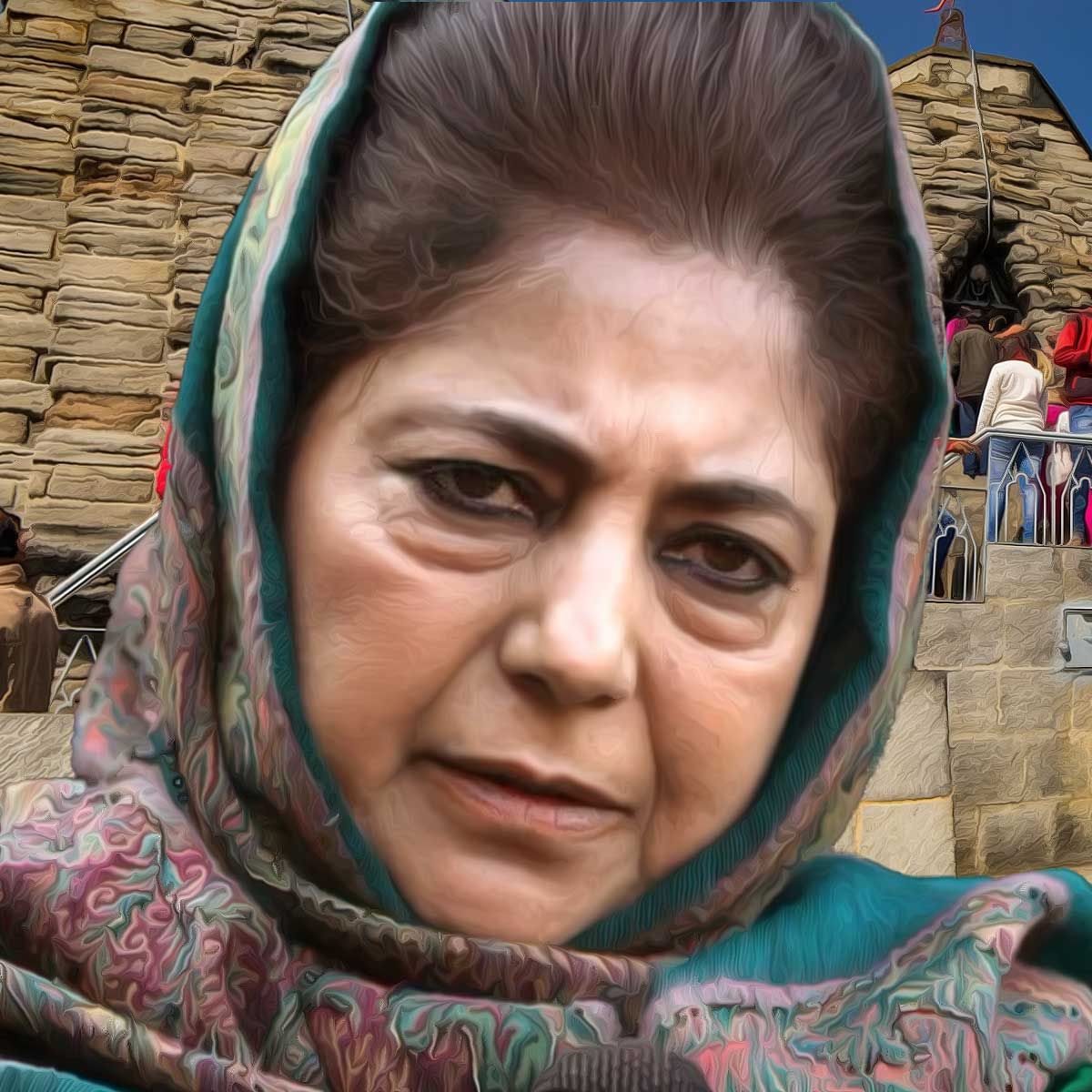
Mehbooba Mufti, the former Chief Minister of Jammu and Kashmir, made a bold statement on December 17th, challenging the Supreme Court's recent decision regarding Article 370. Addressing the media in Kupwara, she asserted that the Court's ruling, delivered on December 11th, should not be regarded as the ultimate truth or as "God's verdict." This statement has stirred a notable reaction for its audacity to question the apex court's judgment.
|
Mufti's remarks are not just a reflection of her disagreement with the court's decision but also suggest a certain level of disrespect towards the judicial system. By equating the Supreme Court's ruling to a "God's verdict," she seems to undermine the authority and the meticulous legal process that the Court undertakes in making decisions. Her words could be perceived as a critique of the judicial system's fallibility, implying that the Court's judgment is not infallible and should be open to question and challenge.
Her declaration, "We don’t have to lose heart. We will continue our struggle. The Supreme Court is not God," is a rallying cry for her supporters and her party, the Peoples Democratic Party (PDP), to persist in their efforts to restore the special status of Jammu and Kashmir. This statement, however, can be seen as an attempt to galvanize her political base by casting doubt on the legitimacy and finality of the Supreme Court's decision.
Mehbooba Mufti's stand, while reflecting her commitment to her cause, raises questions about the respect and deference owed to judicial decisions in a democratic system. Criticizing a Supreme Court ruling in such terms might reflect a failure to accept an unfavorable outcome, a sentiment that can be divisive and potentially detrimental to the rule of law.
Mehbooba Mufti's recent comments regarding the Supreme Court's ruling on Article 370 have stirred up controversy, particularly due to the critical nature of her remarks towards the judiciary. Mufti referenced a previous stance of the Supreme Court, highlighting a past judgment which stated that Article 370 could not be amended without the recommendation of a constituent assembly. This reference to the Court's earlier position brings to light the evolving nature of legal interpretations. However, her statement, “The same Supreme Court had earlier said that Article 370 cannot be amended without the recommendation of a constituent assembly. They were also learned judges. Today some other judges passed the ruling. We cannot treat it as God’s verdict,” can be perceived as a direct challenge to the Court's authority and its decision-making process.
|
While it's valid in a democracy to express disagreement with a court's decision, Mufti's comparison of the Supreme Court's ruling to a 'God’s verdict' could be seen as undermining the judiciary's role. This kind of rhetoric may suggest a lack of respect for the legal system and its procedures, which are fundamental to upholding law and order in a democratic society.
In her further statements, Mufti claimed that those opposing the special status of Jammu and Kashmir are pressuring her party to abandon their efforts. She asserted, “Our opponents want us to give up the fight but we will continue till our last breath. We have made a lot of sacrifices and we cannot let them go in vain.” While this showcases her determination, it also subtly implies that the legal process and the opposition are obstacles in her political journey. This narrative could be construed as an attempt to discredit any opposition and paint the legal ruling as a mere hurdle rather than a legitimate outcome of a constitutional process.
Mehbooba Mufti continued to express her strong disapproval of the Supreme Court's verdict on Article 370. Her choice of words, describing the verdict as a “death sentence” not only for Jammu and Kashmir but also for the idea of India, is particularly striking and controversial. Such a description could be seen as an excessive critique, potentially undermining the authority and integrity of the apex court. By using such a dramatic metaphor, Mufti might be accused of resorting to hyperbolic language that does not constructively contribute to the discourse around this significant legal and political issue.
|
Mufti's statement that the struggle in Jammu and Kashmir has been a political fight spanning several decades is a reminder of the region's complex and turbulent history. While urging people not to lose hope is a common political rhetoric, framing the court's decision as a "death sentence" could be interpreted as an attempt to delegitimize the judiciary's role and influence public opinion against the court's decision. This approach may not only heighten tensions but also erode respect for judicial processes.
Similarly, Omar Abdullah, the vice-president of the National Conference, has also expressed his disappointment over the Article 370 ruling.
Both Mehbooba Mufti and Omar Abdullah, prominent political figures in Jammu and Kashmir, have been actively engaged in political activities and have been vocal about their stance on Article 370. They previously claimed that they were placed under house arrest by the Lieutenant Governor's administration following the verdict on Article 370.
Mufti and Abdullah also alleged that they were not allowed to communicate with reporters. However, these claims were quickly countered by Jammu and Kashmir Lieutenant Governor Manoj Sinha and the Srinagar Police, who labeled these allegations as “totally baseless.” This contradiction between the claims of the political leaders and the statements of the authorities adds a level of complexity and confusion to the situation. It raises questions about the accuracy of the information being disseminated and the reality of the circumstances in Jammu and Kashmir post-verdict.
|
Supreme Court’s 11th December verdict on abrogation of Article 370
On December 11th, a significant ruling by the Supreme Court of India marked a pivotal moment in the history of Jammu and Kashmir. The Court upheld the Central Government's decision to abrogate Article 370. This Article had been a cornerstone of Jammu and Kashmir's unique status within the Indian Union, granting it special autonomy.
The five-judge constitutional bench played a crucial role in this landmark decision. They noted that Jammu and Kashmir did not retain any sovereignty following the signing of the Instrument of Accession. This instrument was a legal document executed in 1947 by Maharaja Hari Singh, the then-ruler of the princely state of Jammu and Kashmir, agreeing to become a part of the newly independent India. The Court's observation effectively negated the argument that Jammu and Kashmir possessed internal sovereignty separate from India.
Further, the Supreme Court declared that Article 370 was a temporary provision within the Indian Constitution. This interpretation was critical in validating the Centre's move to revoke the special status. Additionally, the Court directed the Election Commission to conduct elections in the Union Territory of Jammu and Kashmir by September 30 of the following year. This direction was significant as it indicated a move towards re-establishing democratic processes in the region following its reorganization.
|
The abrogation of Article 370, a move led by the National Democratic Alliance (NDA) government under Prime Minister Narendra Modi, was enacted on August 5, 2019. This decision was one of the most significant and controversial moves of the Modi administration, drawing both support and criticism from various quarters. Following the abrogation, the state of Jammu and Kashmir underwent a major territorial and political change, being reorganized into two separate Union Territories - Ladakh, and Jammu and Kashmir. This reorganization represented a dramatic shift in the region's governance and its relationship with the Central Government.
The Supreme Court's ruling and the subsequent actions of the Central Government have had profound implications on the political landscape of Jammu and Kashmir. These events signify a new chapter in the region's history, altering its long-standing special status and initiating new governance and administrative structures. The decision continues to evoke varied responses, reflecting the complexity and sensitivity of Jammu and Kashmir's political and historical context.
 Support Us
Support Us
Satyagraha was born from the heart of our land, with an undying aim to unveil the true essence of Bharat. It seeks to illuminate the hidden tales of our valiant freedom fighters and the rich chronicles that haven't yet sung their complete melody in the mainstream.
While platforms like NDTV and 'The Wire' effortlessly garner funds under the banner of safeguarding democracy, we at Satyagraha walk a different path. Our strength and resonance come from you. In this journey to weave a stronger Bharat, every little contribution amplifies our voice. Let's come together, contribute as you can, and champion the true spirit of our nation.
 |  |  |
| ICICI Bank of Satyaagrah | Razorpay Bank of Satyaagrah | PayPal Bank of Satyaagrah - For International Payments |
If all above doesn't work, then try the LINK below:
Please share the article on other platforms
DISCLAIMER: The author is solely responsible for the views expressed in this article. The author carries the responsibility for citing and/or licensing of images utilized within the text. The website also frequently uses non-commercial images for representational purposes only in line with the article. We are not responsible for the authenticity of such images. If some images have a copyright issue, we request the person/entity to contact us at satyaagrahindia@gmail.com and we will take the necessary actions to resolve the issue.
Related Articles
- Terrorists in Jammu and Kashmir killed Bank Manager Vijay Kumar of Ellaquai Dehati Bank, CCTV footage emerged of the incident: targeted killings of Hindus and other minorities ongoing for over a year
- In just 48 hours, six terrorists gunned down in Shopian and Tral by Indian forces, including Shahid Kuttay, as Operation Sindoor struck deep into PoJK, wiping out nearly 100 militants and reaffirming India’s resolve to dismantle the terror web in Kashmir
- "Centre doesn’t provide us free electricity, so power won’t be free anymore - No money, no power": Jammu and Kashmir Lt Gov Manoj Sinha refuses to provide free electricity, strict action against power theft as it is a criminal act and police may interfere
- In a heroic display, Garhwal Rifles soldiers valiantly repelled terrorists in Kathua by firing over 6,000 rounds, forcing the attackers to flee; meanwhile, 26 locals were detained amid a deepening investigation, as Uttarakhand mourns five brave soldiers
- "There is no elegant way to protect sheep from hungry wolves”: Three terrorists of Lashkar-e-Taiba namely Danish Khursheed Bhat, Tanveer Wani and Towseef Bhat involved in several terror crime cases hoorified in Jammu and Kashmir with no collateral damage
- Srinagar: Top LeT commander, 1 Pakistani terrorist killed in encounter, AK-47s recovered
- "Ummah Brotherhood over Motherland": "J&K's bold move: 4 government employees - a doctor, constable, teacher, and a lab bearer - terminated for terror links, showcasing a resolute crackdown on internal threats and corruption within the state's machinery
- "Love over fear, always": From Kashmir's Kulgam, where AK-47s once echoed, 21-year-old Muneeb Amin Bhat shines bright, transitioning from conflict to Apple's Hall of Fame, Kulgam's symbol of evolution, highlighting the triumph of talent over turmoil
- "Valor is stability, not of legs and arms, but of courage and the soul": Intense Srinagar operation by the courageous J&K police leads to the successful detention of 43 ex-terrorists & separatists, preventing a revival of the Hurriyat Conference & JKLF
- “All Eyes on Reasi”: In a harrowing coincidence with India's PM taking oath, terrorists attacked a bus in Reasi, Jammu and Kashmir, killing 10 and injuring 33 pilgrims returning from Shiv Khori mandir, plunging the nation into mourning for the devotees
- Amidst Umling-la's peaks at 19,024 feet, the world's highest international fashion show set a record, Models showcased India's ethos and Ladakh's Pashmina with unprecedented fusion of fashion and culture, resonating with 'Vasudhaiva Kutumbakam'
- Fahad Shah, editor of the prominent Srinagar-based news portal 'The Kashmir Walla' arrested for anti-national activities and sharing provocative content on the social media platform
- "वापस घर आना चाहते हो क्या": In Anantnag, five Kashmiri Pandit houses were burnt to ashes amid allegations of arson to prevent their return to the valley, starting in a vacant Pandit house and rapidly spreading to adjacent homes, inflicting severe damage
- Kashmiri student Aroosa Parvaiz who topped the class 12 exam with 99.8 percent marks gets rape and death threats from Islamists for not wearing Hijab
- “The two hardest things to say in life are hello for the first time and goodbye for the last”: In another targeted killing, Kashmiri Pandit - Puran Krishan Bhat shot dead by terrorists in J&K, Kashmir Freedom Fighter terrorist group claimed responsibility















